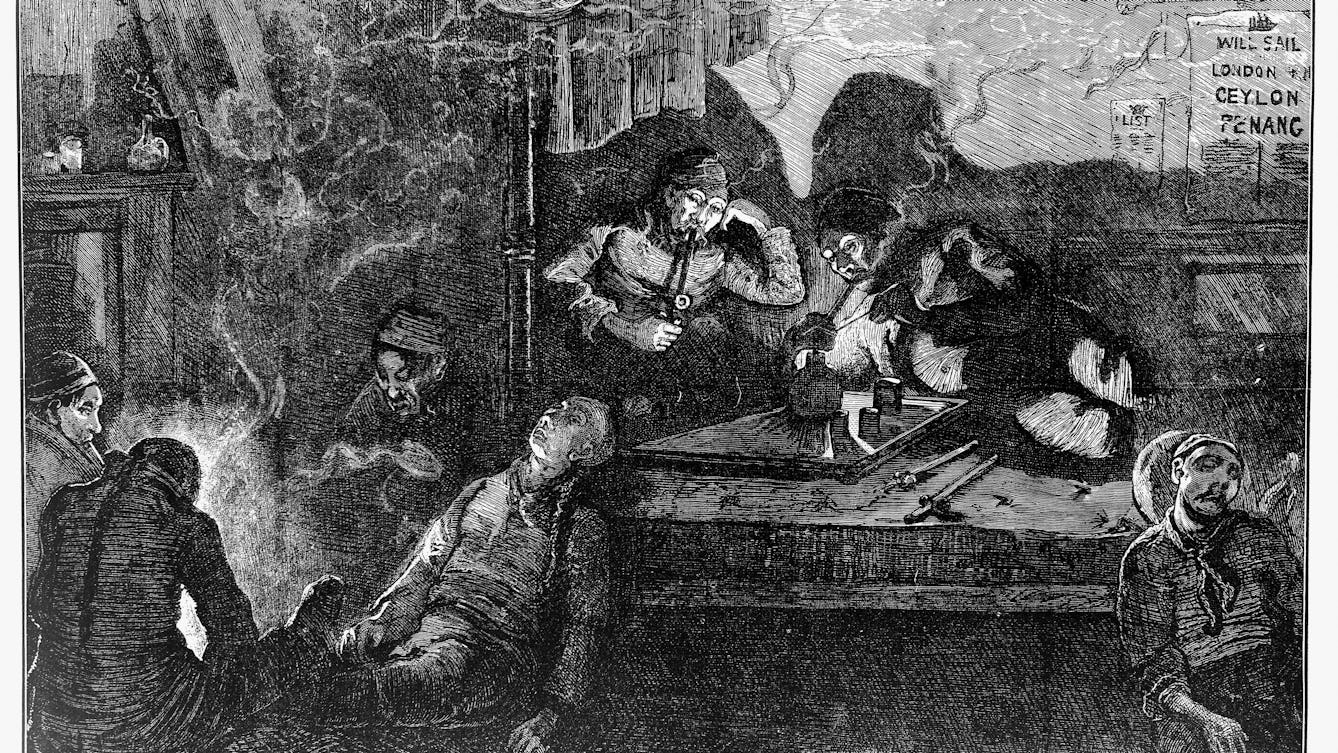
- Article
- Article
Drugs in Victorian Britain
Many common remedies were taken throughout the 19th century, with more people than ever using them. What was the social and cultural context of this development?

- Article
- Article
Deadly doses and the hardest of hard drugs
The invention of the modern hypodermic syringe meant we could get high – or accidentally die – faster than before. Find out how this medical breakthrough was adapted for deadly uses.

- Article
- Article
Drug sharing in desperate times
When Nicole was threatened with deportation, her mental health deteriorated. Now without a job, a passport or a doctor, she depends on others to send her their leftover anxiety drugs.

- Long read
- Long read
Primodos, paternalism and the fight to be heard
Journalist Florence Wildblood examines the case of Primodos – a conveniently quick but risky hormone pregnancy test that was prescribed in the 1960s and ’70s – and profiles two women at the story’s shocking heart.

- Article
- Article
Chemical highs and psychedelic research
Could recreational drugs make you happy? Kate Wilkinson explores why keen clubber Simon believes taking psychedelics has helped him develop as a person.

- Article
- Article
Coleridge’s hypochondria
An intense focus on his own bodily sensations led poet Samuel Taylor Coleridge to self-medicate with narcotics. But this fascination also put Coleridge ahead of the medical sensibilities of his day.

- Article
- Article
Booze and bad behaviour
Our love of alcohol is like a party that’s lasted nine centuries. But there are signs that the demon drink is losing its appeal.
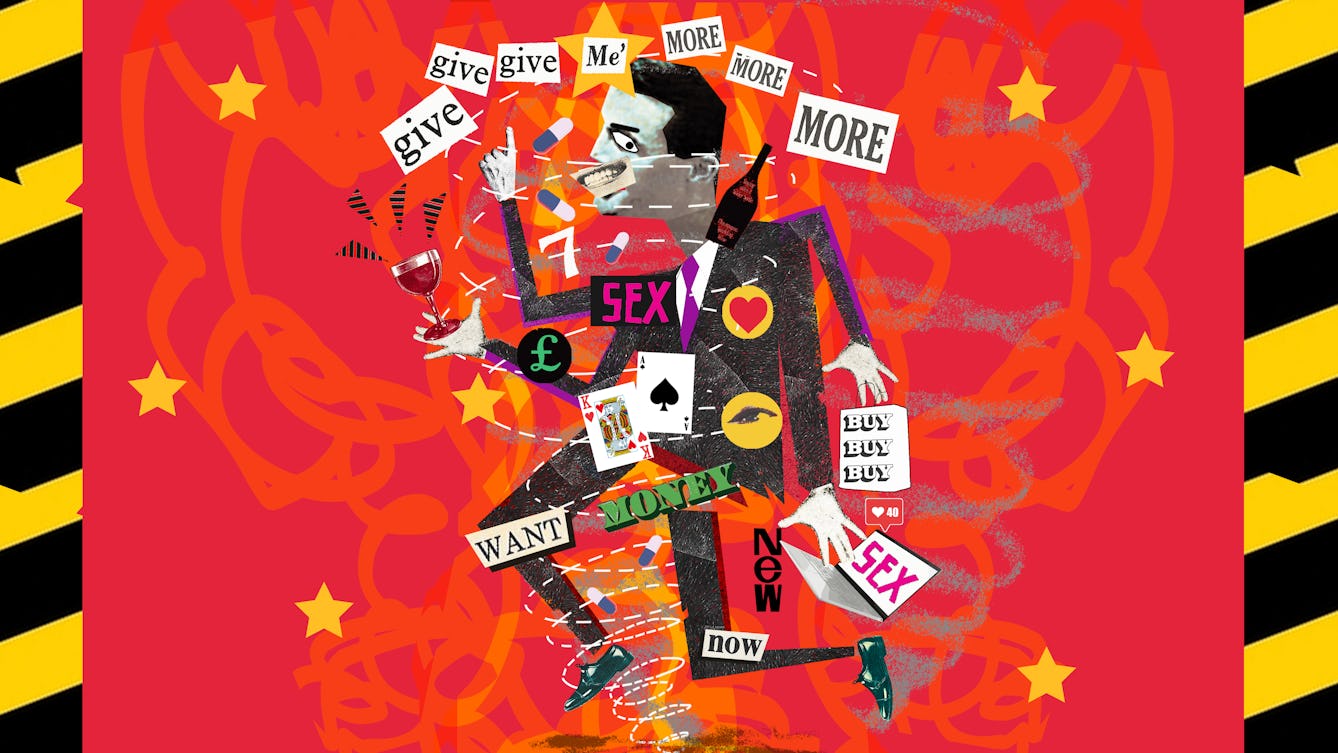
- Article
- Article
Dating on dopamine
Drug treatment for Parkinson’s can come with an unwanted side serving of compulsive behaviour, as Pete Langman discovered. Read about his dating journey in a dopamine cloud.

- Long read
- Long read
Rehab centres and the ‘cure’ for addiction
Guy Stagg takes us on a brief history of rehab centres and their approaches to addiction and recovery.

- In pictures
- In pictures
How an animation educated the army
In a 1940s cartoon intended to persuade US troops to take malaria medication, the makers pitted a clodhopping soldier against a wily mosquito. If only Private SNAFU had followed the government’s advice.

- Article
- Article
Inhaling happiness and gasping for a high
The rapid, short-lived high we get from whippets, reefers and vapes can be accompanied by long-term health consequences. The search is on for safer ways to get stoned.
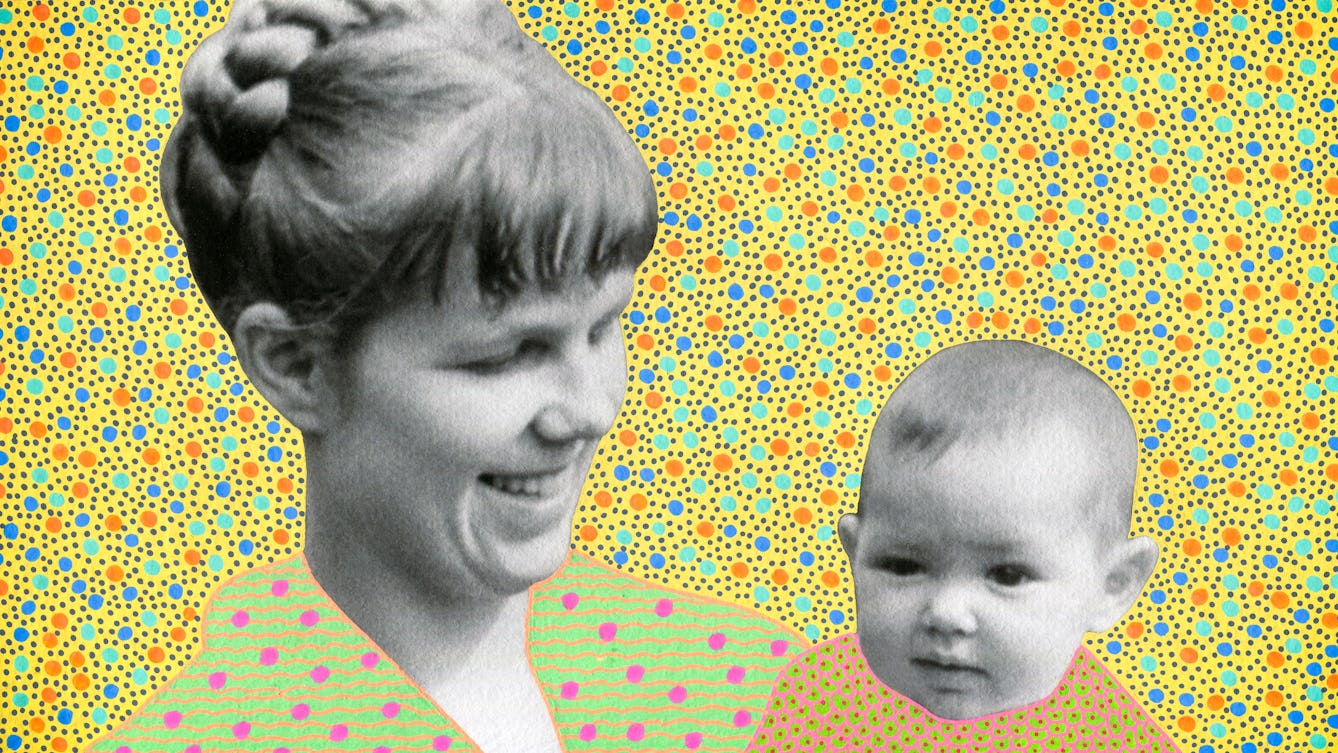
- Article
- Article
Belonging and why we long for it
Tanya Perdikou’s upbringing emphasised conventional respectability, but other influential family members embraced the bohemian life. Caught between two sets of values, she questions where, if anywhere, she fits in.
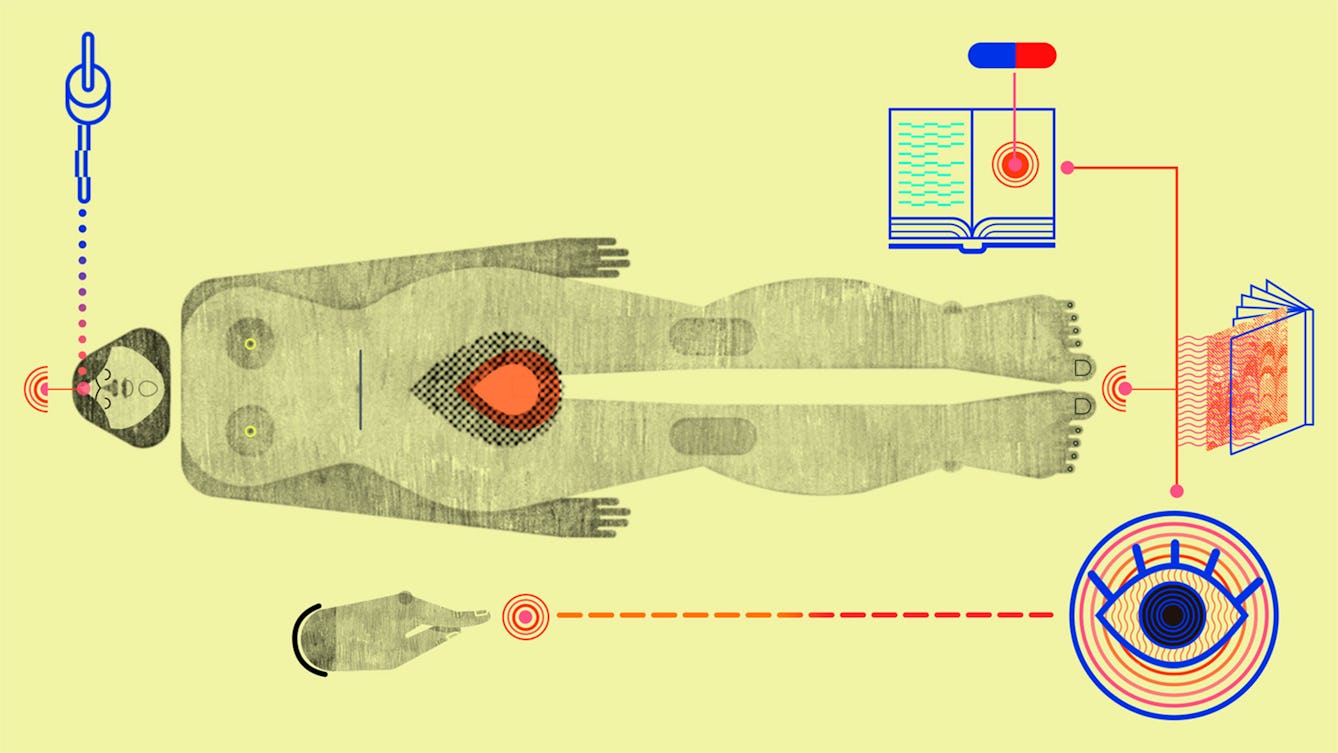
- Article
- Article
Acid and the sexual psychonauts
How LSD fuelled one woman’s journey of sexual self-discovery in the late 1950s.
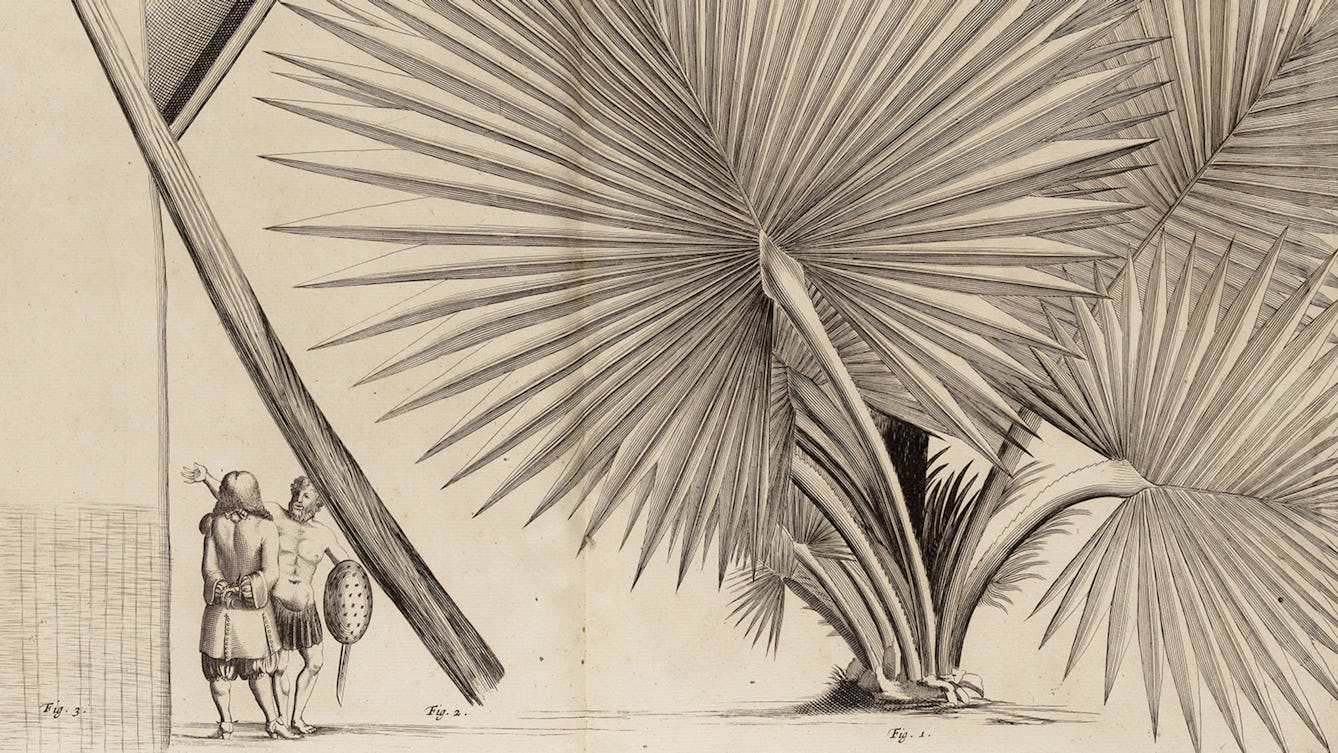
- Article
- Article
Indian botanicals and heritage wars
Colonial botanical texts, as astonishingly beautiful as they are, may cast very dark shadows.

- Article
- Article
Dying at home and the doctor’s role
Our anonymous GP talks about the bittersweet rewards of supporting a patient when he chose to die at home.

- Article
- Article
Maladaptive daydreaming, gender myths and me
Can you daydream too much? Excessive daydreamer Laura Grace Simpkins reflects on studies into “maladaptive daydreaming” and asks why so few fellow dreamers seem to be men.

- Article
- Article
Ginger’s role in cures and courtroom battles
Some people will use a dose of ginger to help with hangovers – but it hasn’t always been a friend to the thirsty.

- Article
- Article
Virtual reality and the fix of the future
Virtual reality, with its complex sensory tricks, takes us beyond the real world. Find out how these potentially addictive experiences can harm us – or might even have therapeutic uses.
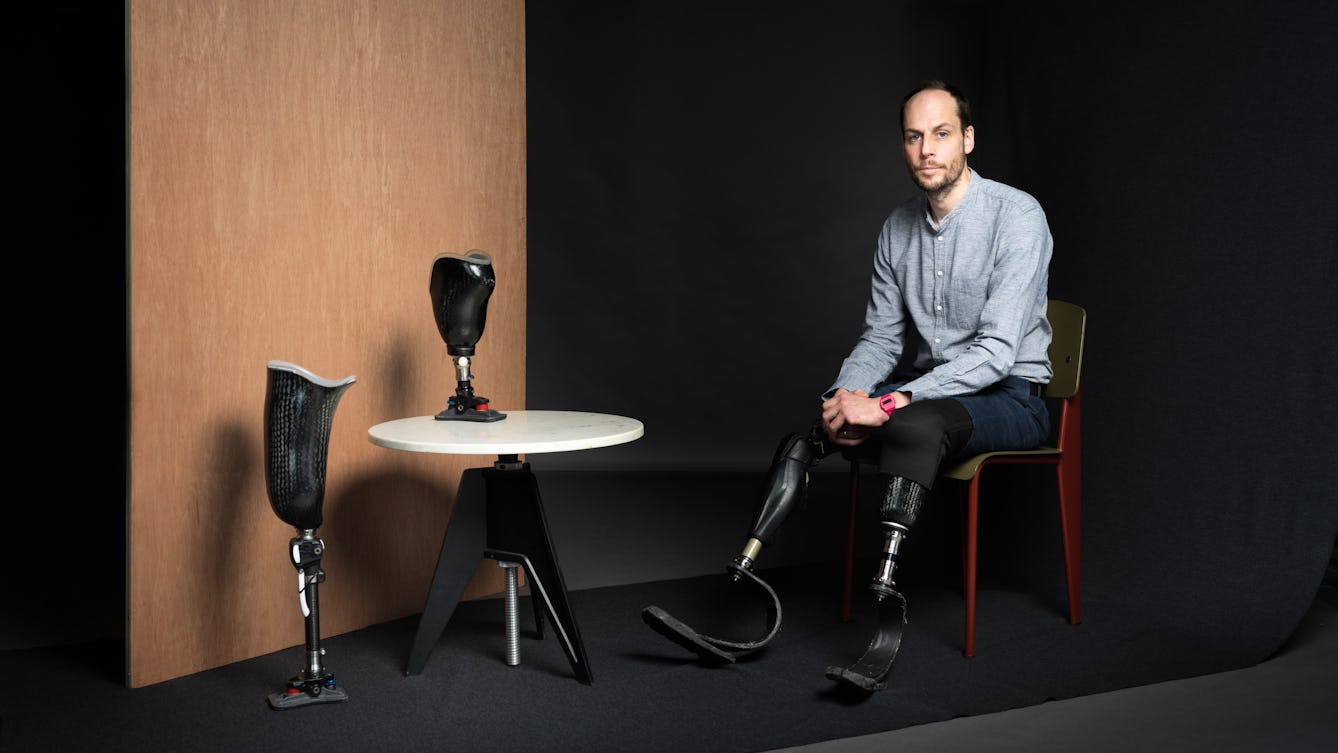
- Book extract
- Book extract
A dispatch from the frontiers of man and machine
Harry Parker’s life changed overnight when he stepped on a bomb and lost his legs. He argues that being an amputee doesn’t make him an outlier; we are all hybrid.

- Article
- Article
Guerrilla public health
From safe-use guides to needle exchange schemes, Harry Shapiro reflects on 40 years of drug harm reduction in the UK.

- Podcast
- Podcast
Ecstasy
In the final episode of our podcast, Bidisha takes us on a journey through the highest of highs, from nightclubbing and the ecstasies of religion and drugs to mania.
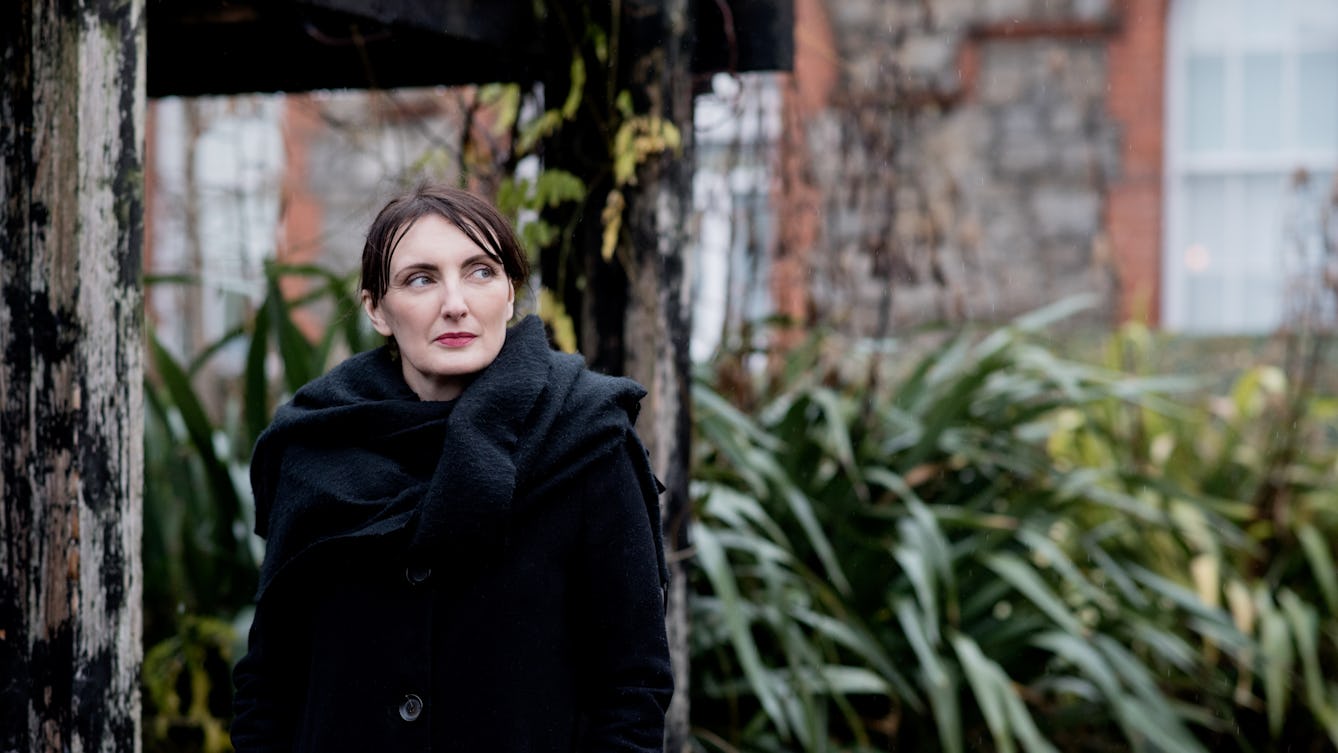
- Article
- Article
The solidarity of sickness
Visiting an injured friend in hospital prompts writer Sinéad Gleeson to reflect on the instant rapport forged between compatriots in the kingdom of the sick.
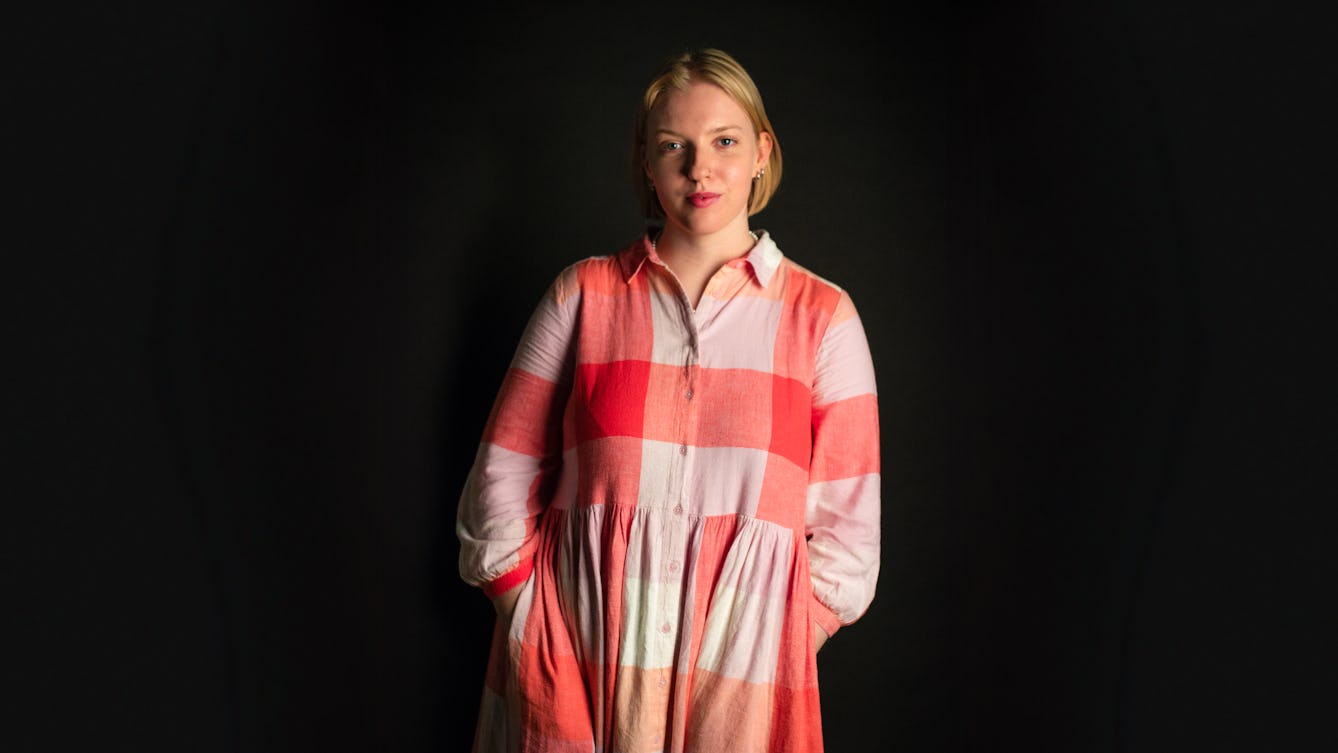
- Article
- Article
My ADHD titration diary
After her ADHD diagnosis, Verity Babbs wondered how well medication would work. Her diary details the controlled process of trying different doses, and how her body reacted.

- Article
- Article
Can isolation lead to manipulation?
Military-funded researchers wanted to know if isolation techniques could facilitate brainwashing. One neuroscientist suggested that it might improve our own control over our minds.

- Book extract
- Book extract
The history of brainwashing
Is it possible to control what other people think? In this abridged extract from his book ‘Brainwashed’, psychoanalyst and historian Daniel Pick offers us a new history of thought control.